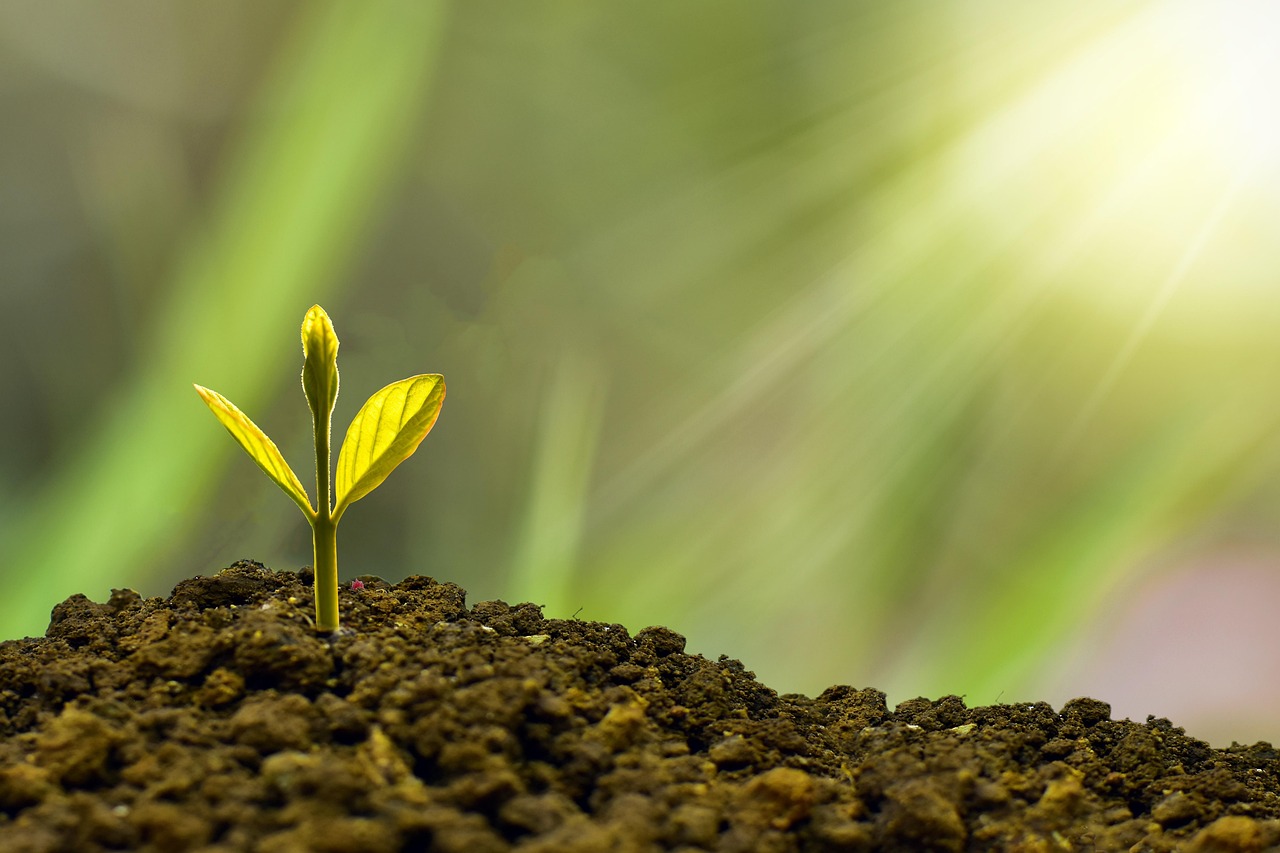Introduction
Amsterdam has positioned itself as one of Europe’s greenest cities, with a strong focus on sustainability, circular economy initiatives, and eco-conscious living. From low-emission zones to neighborhood composting programs, the city offers countless opportunities for residents to get involved. But many of these initiatives are communicated primarily in Dutch.
In this article, we explore how learning Dutch helps you become an active, informed participant in Amsterdam’s green movement.
Amsterdam’s Sustainability Push in 2025
Amsterdam’s municipality has committed to being fully climate neutral by 2050, with bold interim targets already being met in 2025. Current efforts include:
- City-wide expansion of bike infrastructure and car-free zones
- Renewable energy subsidies for homes and businesses
- “Green roofs” and urban farming in neighborhoods
- Waste separation, circular economy hubs, and second-hand sharing platforms
- Community-led sustainability initiatives
Many of these programs are led by local organizations that publish news, updates, and volunteer opportunities only in Dutch.
Why Language Matters for Sustainability Involvement
- Understanding Local Green Policies
City-wide initiatives and grants are often described in Dutch. Being able to read these updates helps you take advantage of government support for energy savings, solar panels, or waste reduction. - Joining Community Initiatives
From buurtmoestuinen (community gardens) to zero-waste workshops, most local groups share info through Dutch newsletters, websites, and flyers. - Interacting with Dutch Neighbors
Participating in clean-up days, second-hand swap events, or composting programs is easier — and more enjoyable — when you can talk with your neighbors in Dutch. - Making Sustainable Choices
Reading product labels, local menus, and sustainability certifications in Dutch empowers you to shop and live more consciously.

Real Examples Where Dutch Makes the Difference
- Wijkinitiatieven (neighborhood initiatives): These are hyper-local programs that only promote their activities in Dutch-language Facebook groups and community centers.
- Gemeente sustainability grants: Applications and eligibility info are typically Dutch-only.
- Repair cafés: Volunteer-based events for fixing broken items, where Dutch is the default language during the sessions.
How Inburgering Course Amsterdam Supports Eco-Learners
Our practical Dutch courses teach the language skills you need to:
- Read city communications about waste sorting, energy use, and housing improvements
- Understand signs, websites, and announcements related to environmental policy
- Speak confidently at events and in green community groups
We also incorporate sustainability topics into real-life practice exercises during our A2 and B1 courses.
Testimonial
“After completing my A2 course, I was finally able to join my neighborhood garden project and understand the Dutch emails and volunteer instructions. It’s helped me feel much more connected to my community.” — Daniel L., Expat from Argentina
Final Thoughts
Amsterdam is leading the way in sustainability — and learning Dutch helps you become part of the movement. Whether you’re interested in local food, reducing your footprint, or joining community-led climate action, language unlocks access.

